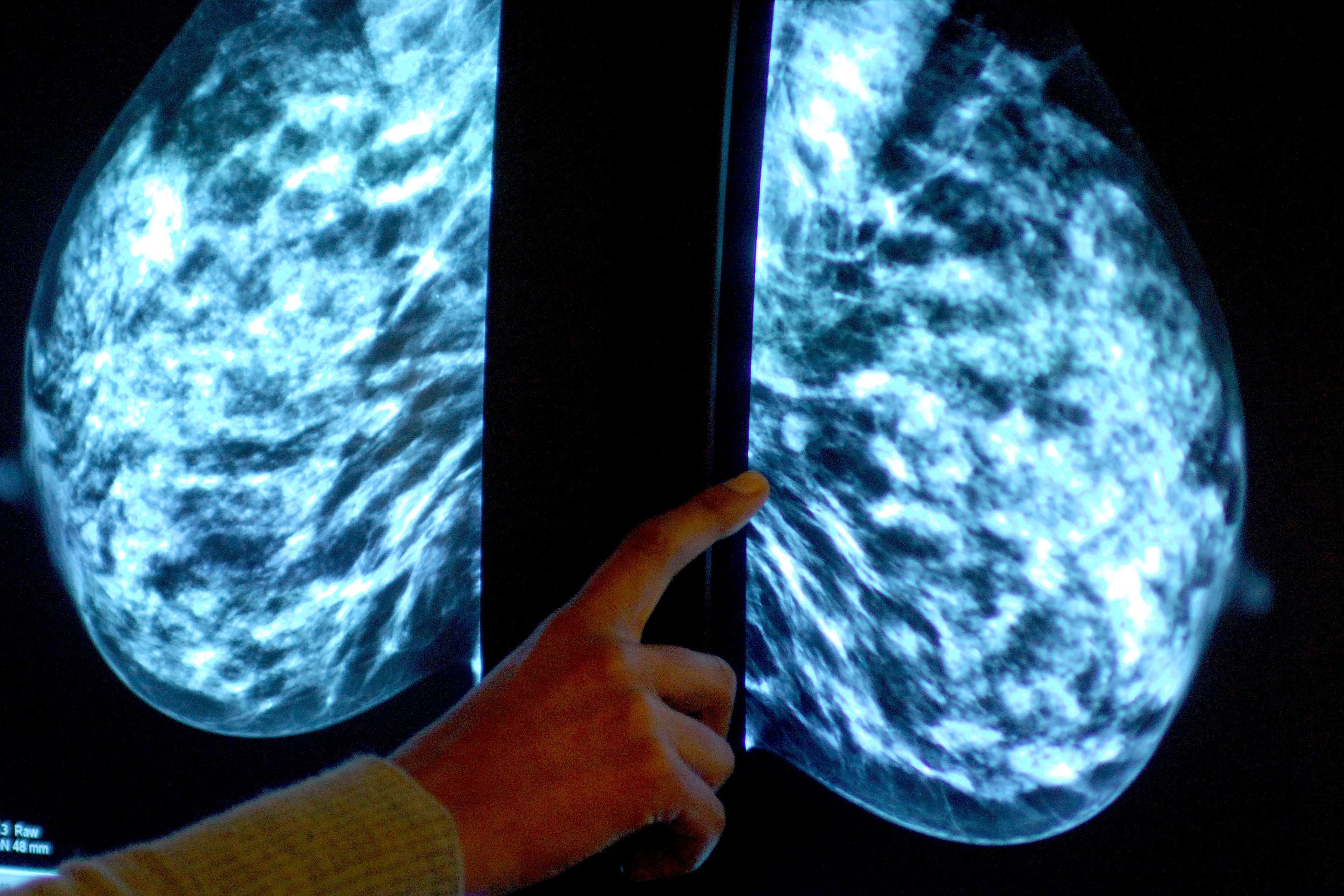Scientists discover how breast cancer cells become dormant and evade treatment
Researchers believe there may be a way to target ‘sleeping’ breast cancer cells and prevent relapse.

Your support helps us to tell the story
From reproductive rights to climate change to Big Tech, The Independent is on the ground when the story is developing. Whether it's investigating the financials of Elon Musk's pro-Trump PAC or producing our latest documentary, 'The A Word', which shines a light on the American women fighting for reproductive rights, we know how important it is to parse out the facts from the messaging.
At such a critical moment in US history, we need reporters on the ground. Your donation allows us to keep sending journalists to speak to both sides of the story.
The Independent is trusted by Americans across the entire political spectrum. And unlike many other quality news outlets, we choose not to lock Americans out of our reporting and analysis with paywalls. We believe quality journalism should be available to everyone, paid for by those who can afford it.
Your support makes all the difference.Scientists have discovered how breast cancer cells can evade treatment by “hibernating” and then “wake up” years later – causing a relapse that is more difficult to treat.
Researchers from The Institute of Cancer Research in London have uncovered the mechanism by which the hormone treatment used to prevent breast cancer from returning triggers changes in some cancer cells, causing them to “hibernate” instead of dying off.
But scientists say there may be a way to target these “sleeping” breast cancer cells before they wake up, offering new hope for patients with oestrogen receptor positive (ER+) breast cancer – which makes up 80% of all breast cancers.
Luca Magnani, professor of epigenetic plasticity at The Institute of Cancer Research, London, said: “After surgery to remove primary oestrogen receptor positive breast cancer, patients are given five to 10 years of hormone therapy which aims to kill any remaining cancer cells.
“We know that this doesn’t work for all patients though, as their breast cancer can return years, or even decades later.
“We wanted to better understand why breast cancer does return so we can hopefully find ways to stop it – so people don’t have to live in fear or face the devastating news of a relapse.
“Our research identified a key mechanism used by cancer cells to evade therapy by remaining in a dormant state, hibernating before they ‘wake up’ years later and begin to rapidly divide again.
We wanted to better understand why breast cancer does return so we can hopefully find ways to stop it
“I hope our early findings will next lead to research to target these dormant breast cancer cells so that one day, without the need for years of hormone therapy, patients can be sure that their cancer will not return.”
ER positive breast cancer is sensitive to the hormone estrogen, which means its cells divide and grow with the help of this hormone.
Treatment often involves a combination of different therapies and surgery, usually tailored to the patient’s needs.
For their study, published in the journal Cancer Discovery, researchers looked at the role of an enzyme known as G9a.
They found that inhibiting G9a prevented cancer cells from becoming dormant and killed the cells that were already hibernating.
Dr Tayyaba Jiwani, science engagement manager at Cancer Research UK – which funded the research, said: “Breast cancer survival has doubled in the UK over the last 50 years thanks to better detection and screening, but there are still more than 11,000 deaths from this type of cancer every year.
“Our research has made it increasingly clear that cancer cells can lie dormant in the body for many years before being triggered to reawaken, causing cancer to return.
“This study uses an innovative approach to analyse the genetics of these dormant cells and gain important insight into the mechanisms leading to dormancy.
“Although at an early stage, the findings reveal potential new targets for the development of innovative treatments that prevent breast cancer from coming back.”